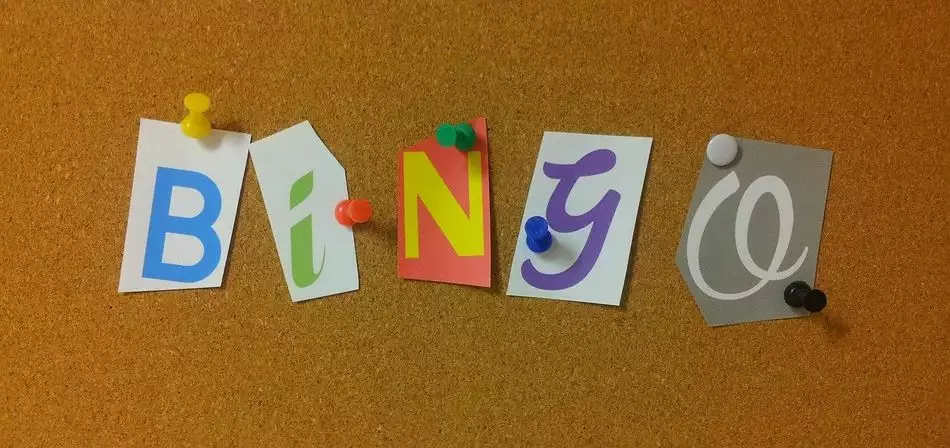Do you remember the first time you entered a bingo hall? Suddenly, you were immersed in a new world, with its own unique lingo and etiquette. It was probably confusing at first, but you came back anyway, and soon enough, you learned all the calls, and which ones had a cheeky response. If you stopped to think about it, though, you might have wondered where the calls came from, and why they became a tradition.
Drawn from Many Sources
The traditional bingo calls, which have become largely codified over decades of use, come from a diverse variety of sources. All 90 numbers have their own special call, and some have multiple variations, depending on where you’re playing or the whims of the caller.
Many of the calls were transferred over from their use in a game called Housey-Housey, which was popular in the Army in the 1930s, so you’ll find a lot of military slang such as “Doctor’s Orders” for number 9, referring to a laxative prescribed by military doctors.
Many of the numbers have pop culture associations which may be lost on younger generations. “Here Comes Herbie - 53” refers to Herbie from the Disney movie “The Love Bug”, which came out in 1968. And Danny La Rue, whose name has been used as a call for 52 or 72, depending on the caller, started his career as an entertainer in 1944. And while many have heard of the classic 1915 novel 39 Steps, it might not seem like the most obvious reference to make in 2020.
Perhaps the easiest to understand calls are those that simply rely on a fun rhyming scheme, such as “Young and Keen - 15” or “Man at the Door - 54”.
Attempts to Modernize
Sometimes, bingo calls change with the times. For instance, 10 has always changed to reflect the current occupant of 10 Downing Street (currently Boris’s Den). Others have regional variations, perhaps introduced by popular calls in the area. And of course, if you go across the pond to the US, the calls will have a decidedly American flair.
Bingo halls have made attempts to update some of their calls to reflect today’s popular culture, such as “Jimmy Choo - 22”. It’s hard to say whether such changes will catch on, though, as they’ll have to contend against decades of tradition, and people might prefer their two little ducks for 22.
The Reasons for Bingo Calls
Why do bingo callers use these clever rhymes and cultural references? There are a few theories, all of which seem likely enough that they might all be true.
One is that they add a bit of fun and excitement to cover up the time it takes to select the next number.
Another is that by using both a rhyme and a number, it prevents people from mishearing and confusing similar numbers. This can be especially helpful for players who are sitting far from the caller, or who have a hearing impairment. The noise from the bingo tumbler itself can be rather loud, too, so the extra call helps cut through the noise.
But is this really necessary in the age of online bingo, when numbers are chosen by a computer, and there’s no ambient noise? Maybe not, but let’s not forget the reason for the enduring popularity of bingo calls: they’re fun! Learning the calls, and responding when appropriate, is a bonding activity for bingo players. It makes you feel like you’re part of a club.








